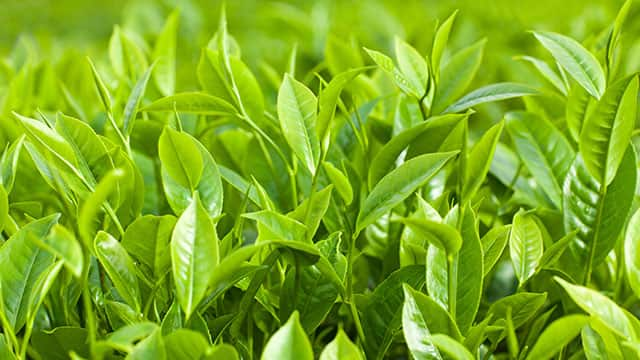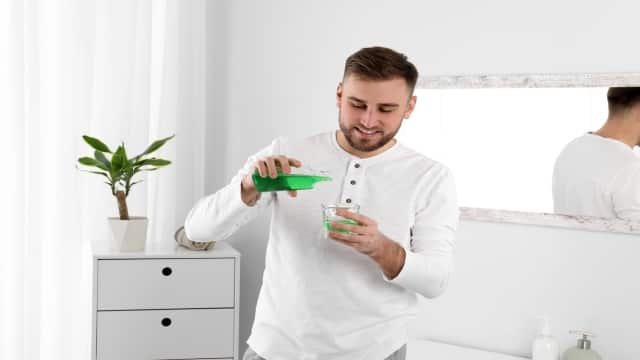What Is Fluoride and What Is It Used For?
Fluoride is a naturally occurring mineral that can prevent tooth decay and cavities. In short, it builds-up your enamel through a process called remineralization. That's why the American Dental Association recommends that we drink fluoridated water and use fluoride toothpaste to remove plaque and prevent cavities. However, you can still freshen your breath and remove plaque with non-fluoride toothpaste.
Fluoride-Free Toothpaste Ingredients
Since there are many natural ingredient toothpaste options available, you may not find all of these ingredients in every single one. According to a literature review in Frontiers of Microbiology, herbal and plant-based samples effectively removed plaque (or biofilm as the researchers called it) just like fluoride toothpaste. The following ingredients are the most popular in fluoride-free toothpaste:
- Xylitol
- Green tea extract
- Papaya plant extract
- Hydrated silica
- Sodium bicarbonate (baking soda)
Xylitol
Xylitol is a sweetener extracted from fibrous plants, typically used as a sugar substitute. It's widely found in fruits, vegetables, and even trees. Not only is it an excellent sugar substitute in food, drinks, and even chewing gum, but it prevents the growth of bacteria in your mouth.
Green Tea Extract
Green tea also has some benefits for your oral health. Contemporary Clinical Dentistry reports that green tea toothpaste and other non-fluoride toothpaste they tested remove oral bacteria. It can also freshen breath!
Papaya Plant Extract
Papaya fruit is delicious and filled with vitamin C, and papain, the enzyme inside a papaya tree, can help you too. According to a study in the International Journal of Environmental Research and Public Health, participants who regularly used toothpaste with papaya leaf extract had reduced inflammation in the gums.
Hydrated Silica and Baking Soda
Hydrated silica is a harmless abrasive used in toothpaste to clean and polish the teeth. Baking soda, also known as sodium bicarbonate, serves multiple purposes when it comes to teeth cleaning. Not only does it clean and polish your teeth, but you may even notice a brighter shade too!
As you can see, there are several non-fluoride toothpaste ingredients, including papaya leaf, green tea, and baking soda. While these ingredients have been researched in recent years, speak to your dental professional about what types of toothpaste they recommend for you and your family.
This article is intended to promote understanding of and knowledge about general oral health topics. It is not intended to be a substitute for professional advice, diagnosis or treatment. Always seek the advice of your dentist or other qualified healthcare provider with any questions you may have regarding a medical condition or treatment.
ORAL HEALTH QUIZ
What's behind your smile?
Take our Oral Health assessment to get the most from your oral care routine
ORAL HEALTH QUIZ
What's behind your smile?
Take our Oral Health assessment to get the most from your oral care routine















